Indigenous Governance Database
IGD Database Search
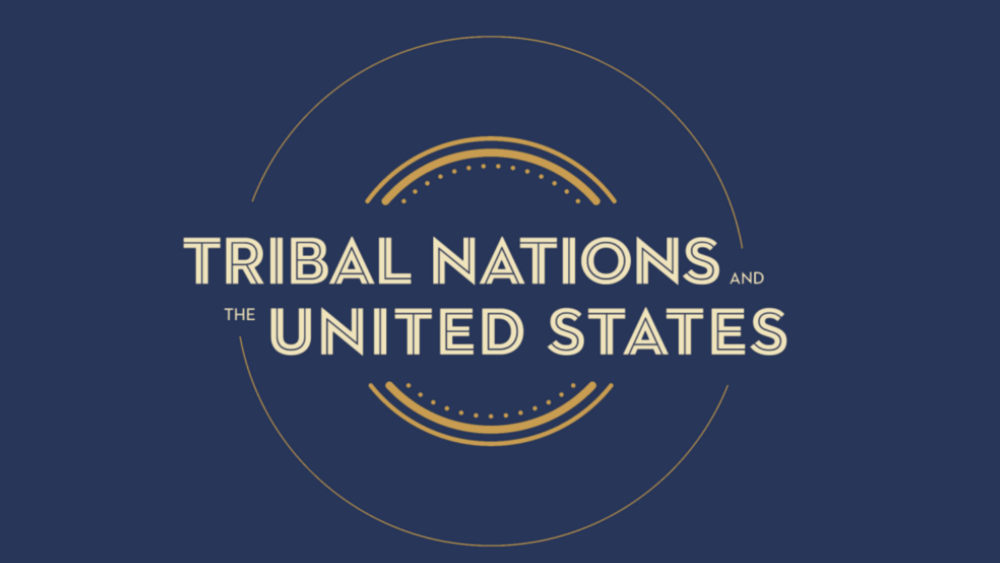
Tribal Nations and the United States: An Introduction
Tens of millions of Indigenous peoples inhabited North America, and governed their complex societies, long before European governments sent explorers to seize lands and resources from the continent and its inhabitants. These foreign European governments interacted with tribes in diplomacy, commerce…
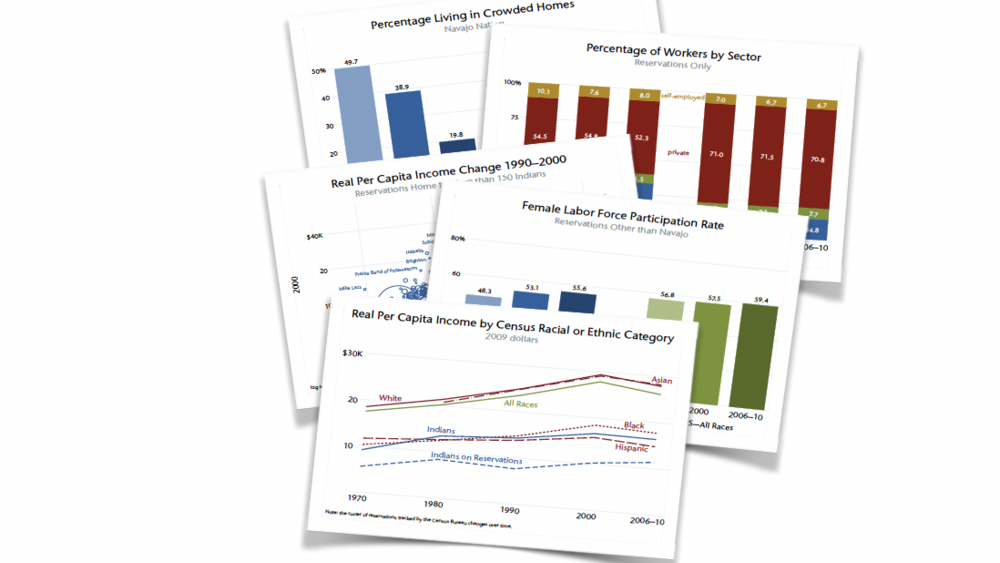
Social and Economic Change on American Indian Reservations
By 2010, the vast majority of American Indian tribes could be considered gaming tribes. We estimate that more than 92% of all American Indians on reservations lived on reservations with gaming operations. Gaming operations have an impact on almost every American Indian reservation given the…
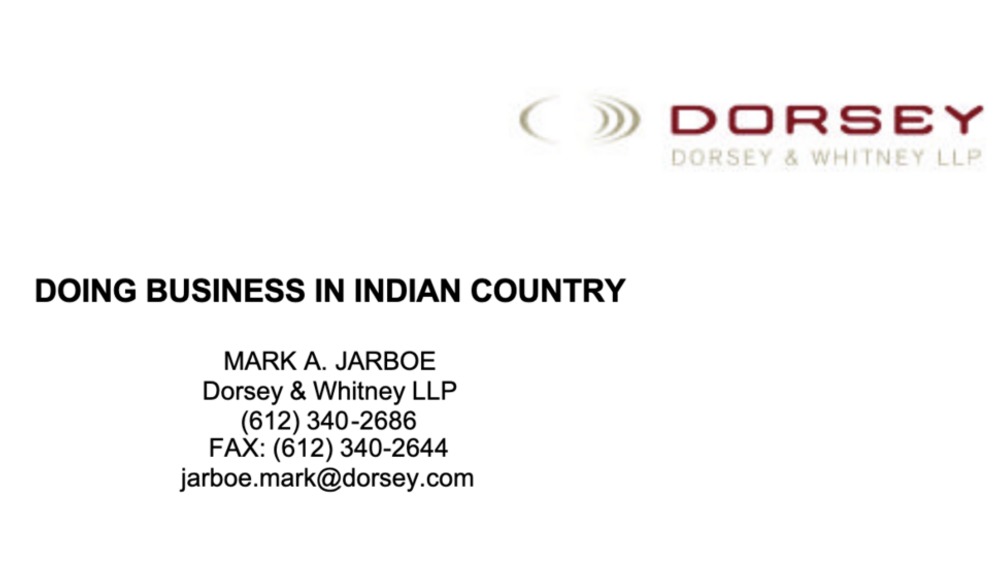
Doing Business in Indian Country
This paper sets forth some of the issues to be considered and addressed when entering into a commercial transaction with a federally recognized Indian tribe or tribal entity, a tribally-controlled business enterprise or an Indian-owned, reservation-based business enterprise. This paper deals only…
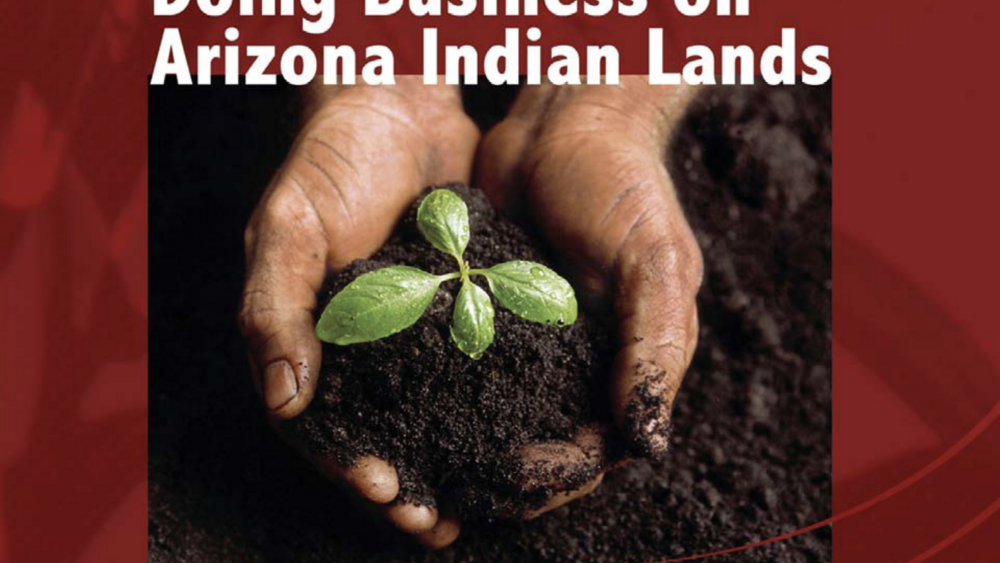
Doing Business on Arizona Indian Lands: Navajo Nation
Doing Business on Arizona Indian Lands is a business and economic development resource for both Indian and non-Indian persons. The primary goal of this guide is to help readers recognize the economic potential of Arizona Indian tribes and to ease business and economic development by providing a…
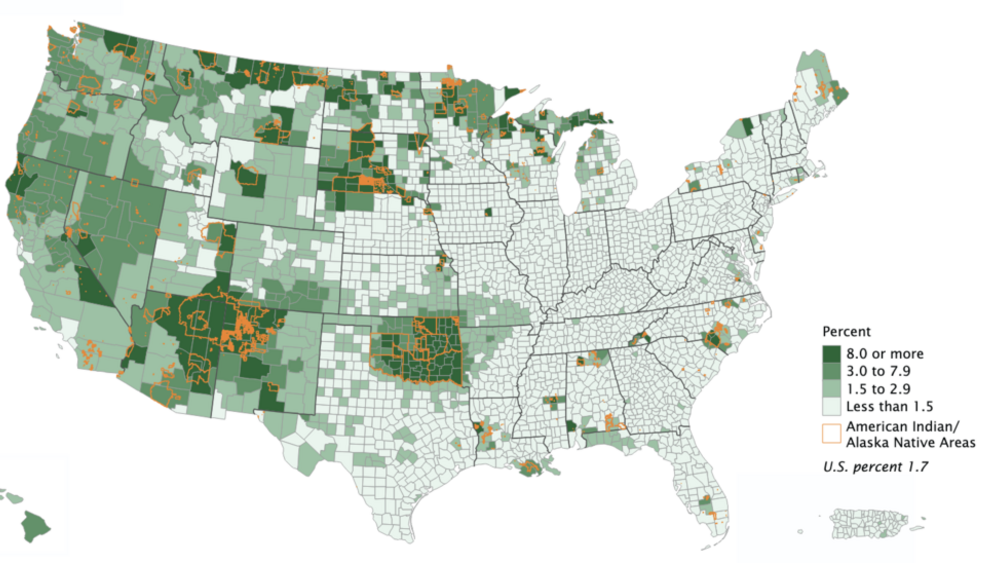
US Census AIAN 2010
This report provides a portrait of the American Indian and Alaska Native population in the United States and discusses that population’s distribution at the national level and at lower levels of geography. It is part of a series that analyzes population and housing data collected from the 2010…
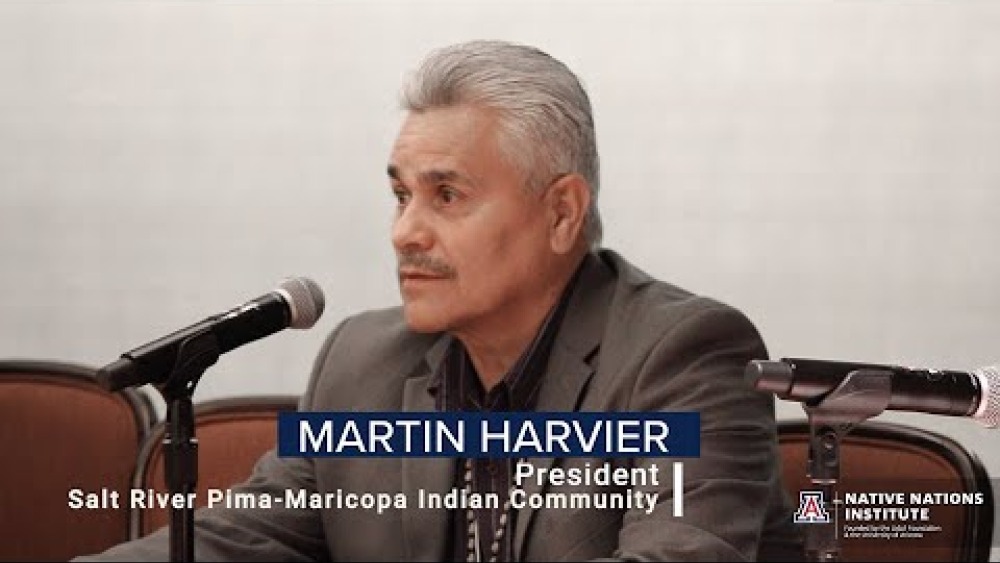
Perspectives From Tribal Leaders: Salt River Pima-Maricopa Indian Community President Martin Harvier
There is no playbook for elected leaders of Native nations, but you can learn a lot from those that have been there before.In this 2023 Native Nations Institute (NNI) Emerging Leaders Seminar held at Talking Stick Resort and Casino on the lands of the Salt River Pima-Maricopa Indian Community,…
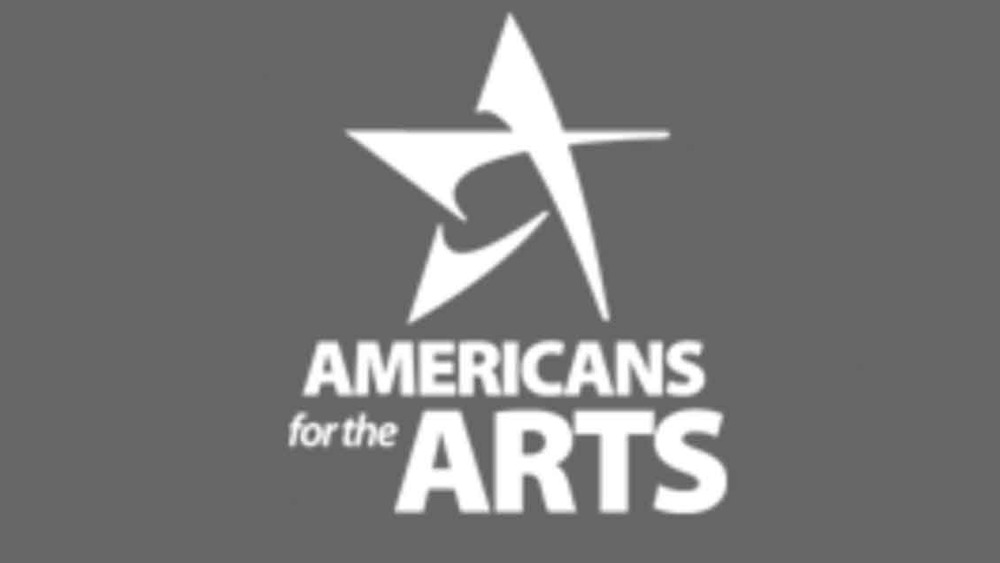
Evaluating the Social Impact of Indigenous Art Projects by Way of Aesthetic Impact
This post is part of Americans for the Arts' Excellence and Equity in Arts for Change blog salon.Indigenous artists have long used art as a means of pushing back on colonial actions, ideas, and ways of being. It is not only a powerful vernacular in which to communicate about the persistence of…
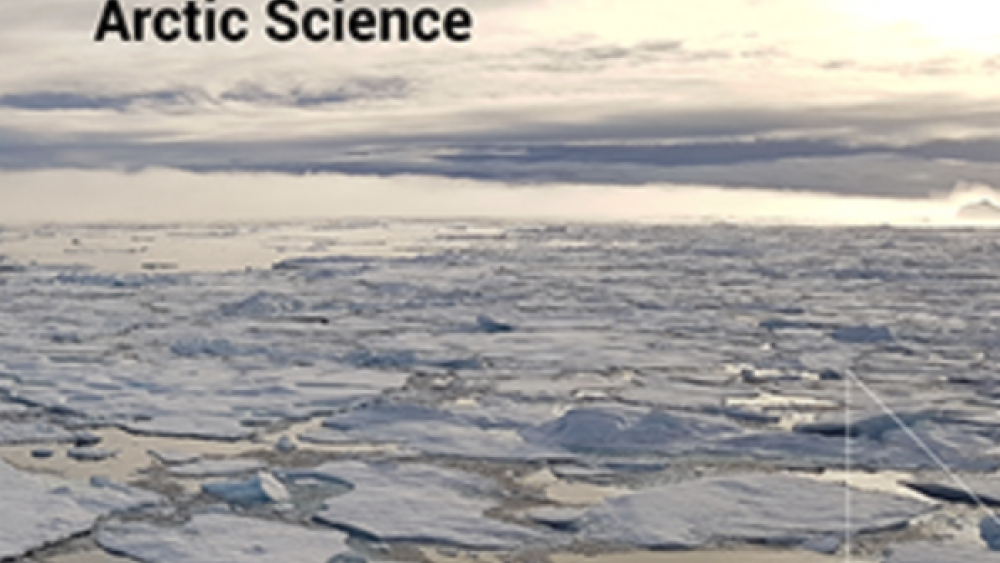
Our lands tell our stories: supporting Indigenous co-led research through the Indigenous Foods Knowledges Network
The Indigenous Foods Knowledges Network (IFKN) brings together Indigenous researchers and community leaders from the Arctic and U.S. Southwest along with non-Indigenous researchers to foster cross-cultural interdisciplinary knowledge exchange about sovereignty of Indigenous foods. IFKN draws on…
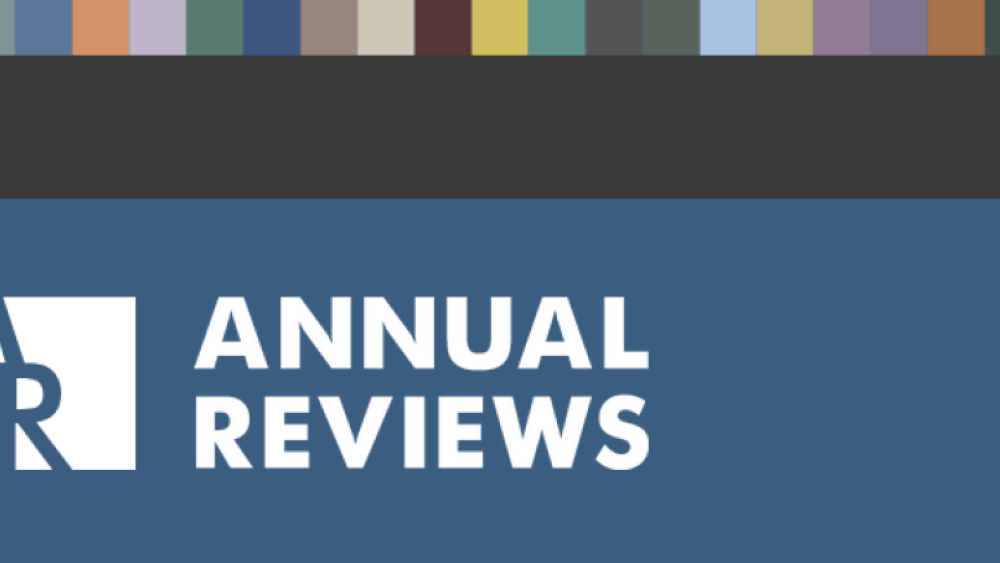
Indigenous Data Sovereignty in Genomics and Human Genetics: Genomic Equity and Justice for Indigenous Peoples
As the field of genomics and human genetics continues to push our understanding of disease and biodiversity through an ever-increasing pool of genomic data, it is critical to consider the social, ethical, and legal implications of using such data. This is particularly true for genomic data…
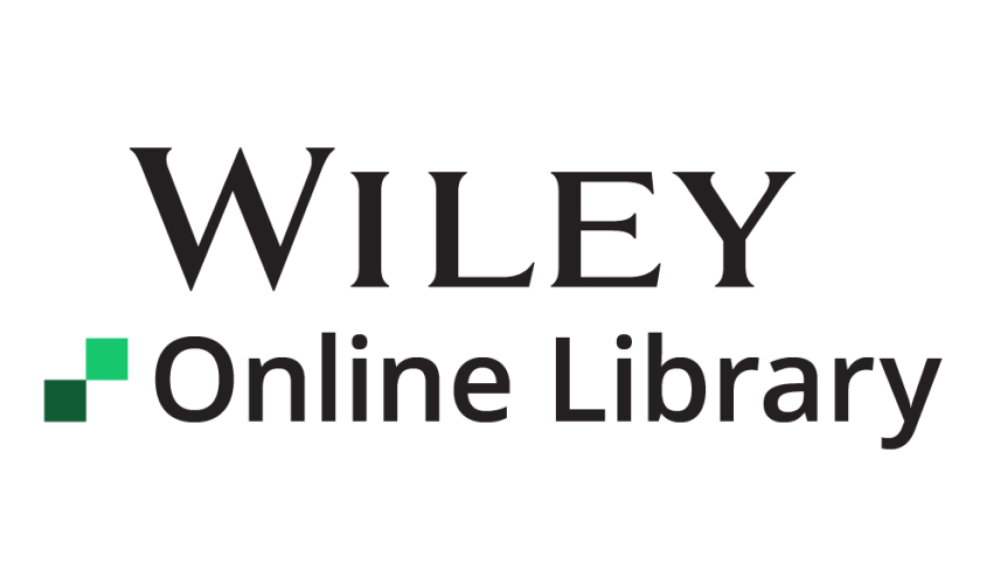
Rigorous and Systematic Qualitative Data Analysis in Biological Anthropology
Biological anthropologists have long engaged in qualitative data analysis (QDA), though such work is not always foregrounded. In this article, we discuss the role of rigorous and systematic QDA in biological anthropology and consider how it can be under- stood and advanced. We first establish what…
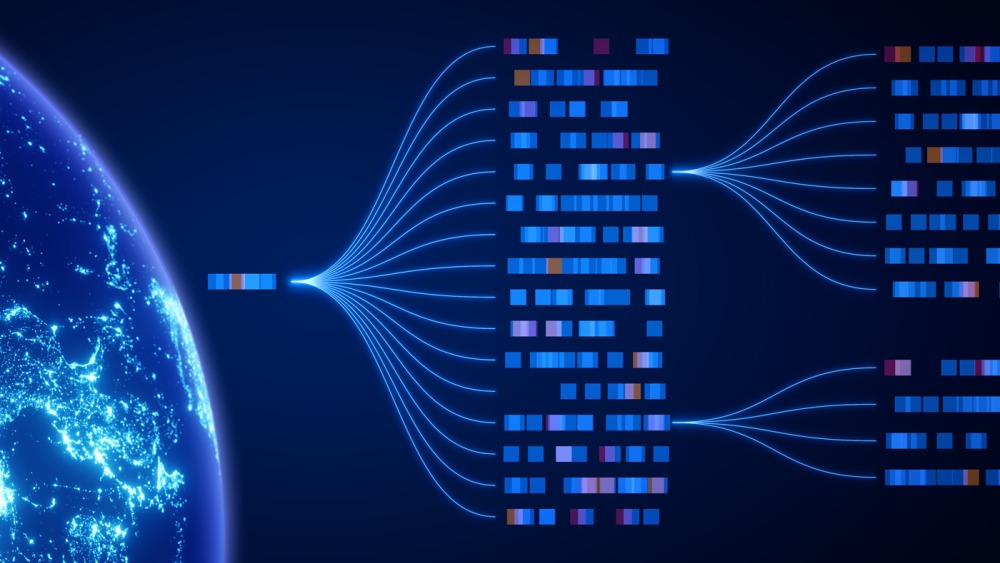
Common Rule Revisions to Govern Machine Learning on Indigenous Data: Implementing the Expectations
We agree with Chapman et al. that the Common Rule needs revision, particularly regarding the application of artificial intelligence and machine learning (AI/ML) in health research with Indigenous Peoples. Without greater consideration of collective harms in human subjects research, this…
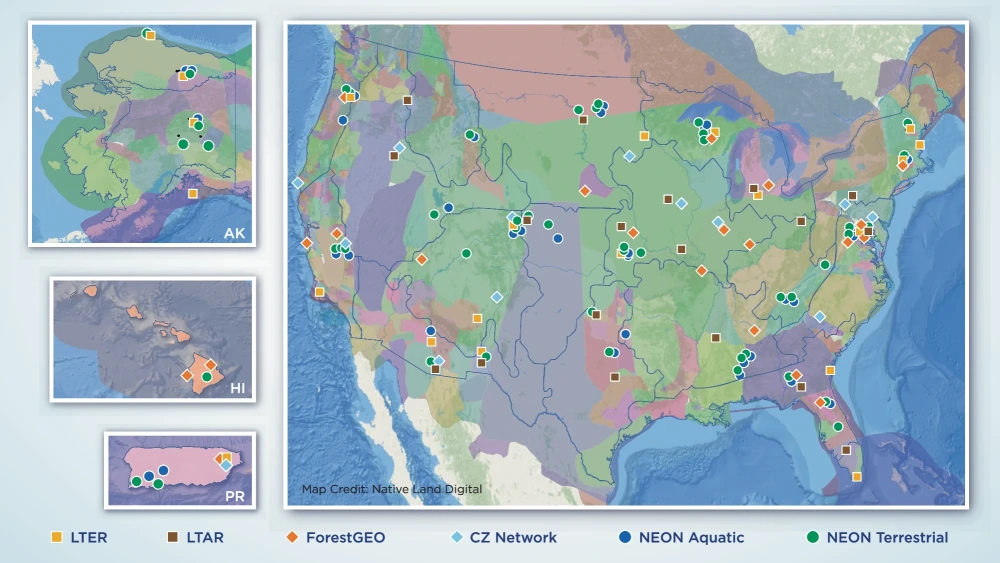
Governance of Indigenous data in open earth systems science
In the age of big data and open science, what processes are needed to follow open science protocols while upholding Indigenous Peoples’ rights? The Earth Data Relations Working Group (EDRWG), convened to address this question and envision a research landscape that acknowledges the legacy of…
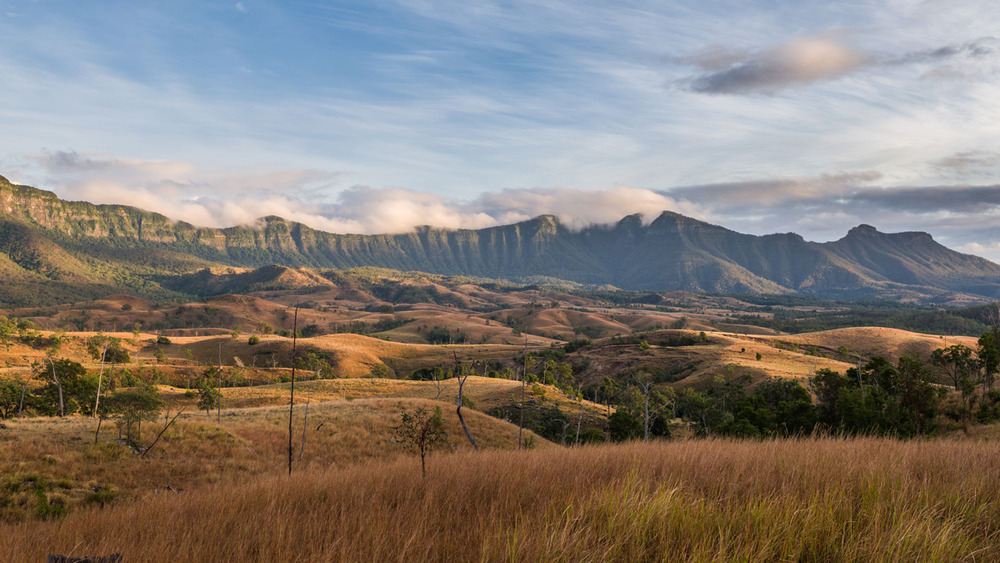
‘For the good of the Gugu Badhun people’: Indigenous Nation building, economic development and sharing as sovereignty
As part of an ongoing process of Indigenous Nation Building, Gugu Badhun Nation is engaged in developing an economy according to Gugu Badhun values. Rather than simply mimicking capitalism, the practice of visioning this economy begins with considering core cultural principles for the Nation.…
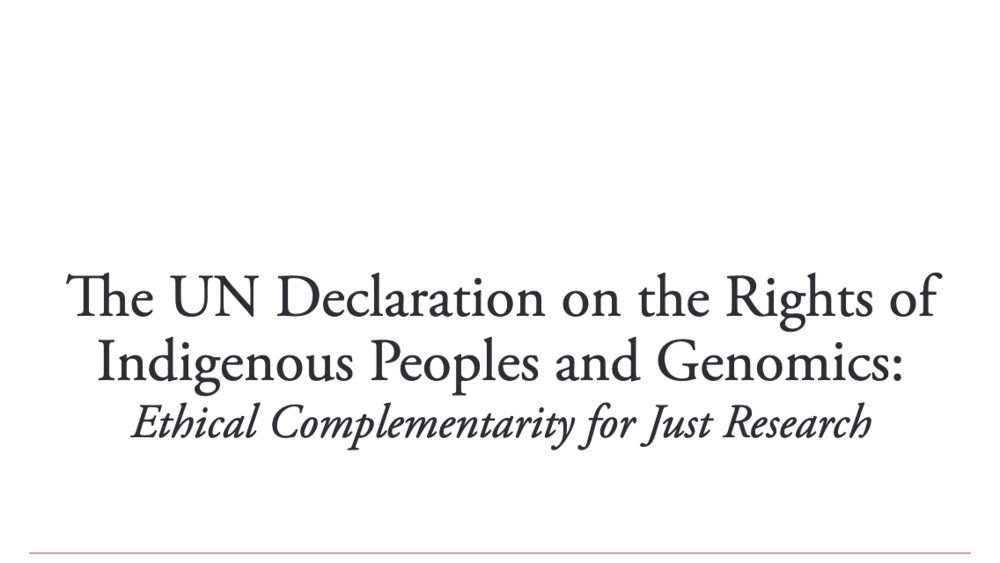
The UN Declaration on the Rights of Indigenous Peoples and Genomics: Ethical Complementarity for Just Research
Governance of biomedical research in the United States has been characterized by ethical individualism, a mode of reasoning that treats the individual person as the center of moral concern and analysis. However, genomics research raises ethics issues that uniquely affect certain genetically related…
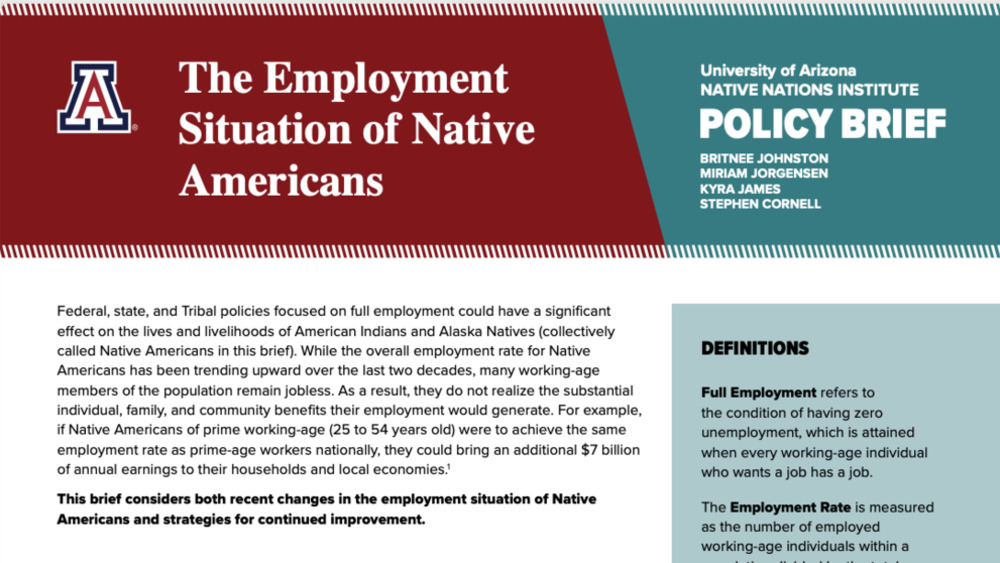
The Employment Situation of Native Americans
Federal, state, and Tribal policies focused on full employment could have a significant effect on the lives and livelihoods of American Indians and Alaska Natives (collectively called Native Americans in this brief). While the overall employment rate for Native Americans has been trending upward…
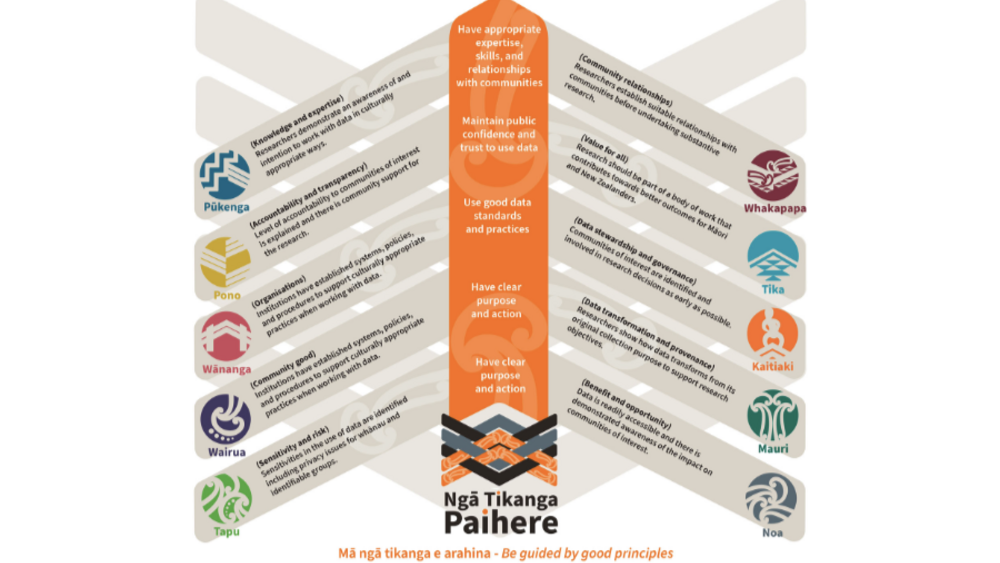
Aligning policy and practice to implement CARE with FAIR through Indigenous Peoples’ protocols
In 2019, members of the Global Indigenous Data Alliance (GIDA) published the CARE Principles (Collective Benefit, Authority to Control, Responsibility, and Ethics) for Indigenous Data Governance (IDGov). CARE has since been referenced, leveraged, and adopted in various ways across disciplines and…
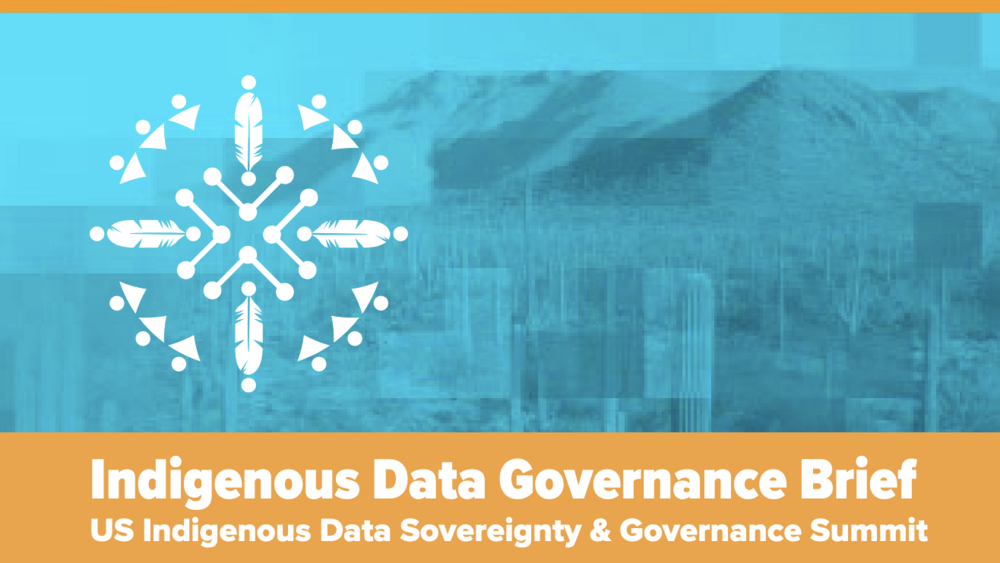
Indigenous Data Governance Brief
This Brief reports on the “Tribal Leaders and Indigenous Scholars Workshop” and the “Action Planning and Forward Thinking Session” held at the Indigenous Data Sovereignty and Governance Summit convened by the US Indigenous Data Sovereignty Network (USIDSN) on the lands of the Pascua Yaqui Tribe and…
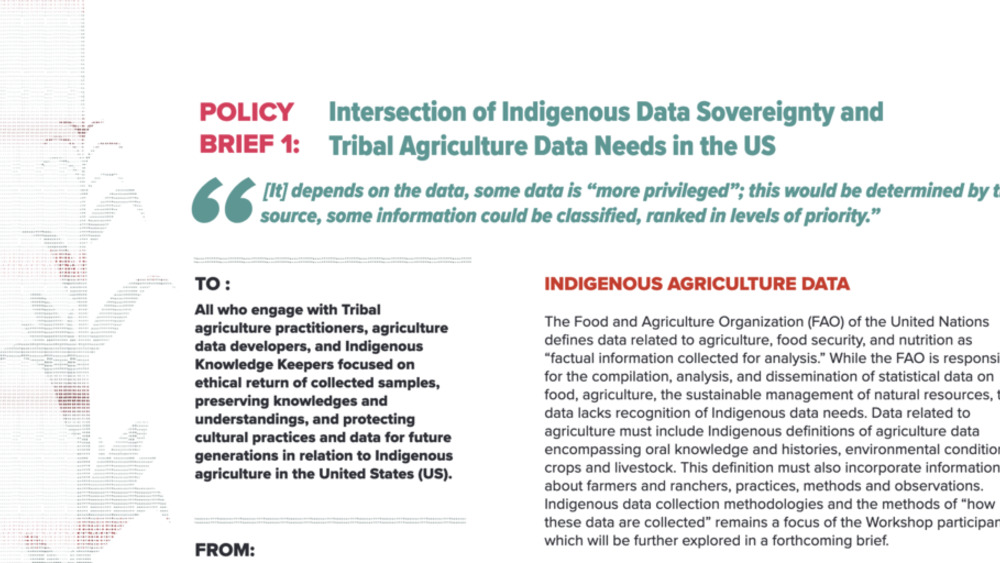
Intersection of Indigenous Data Sovereignty and Tribal Agriculture Data Needs in the US
Indigenous Peoples have always been agriculture data developers and keepers. Acknowledging the importance of Indigenous agriculture data to communities, an eight member Indigenous steering committee representing eight different Tribal Nations throughout the United States (US) designed and…
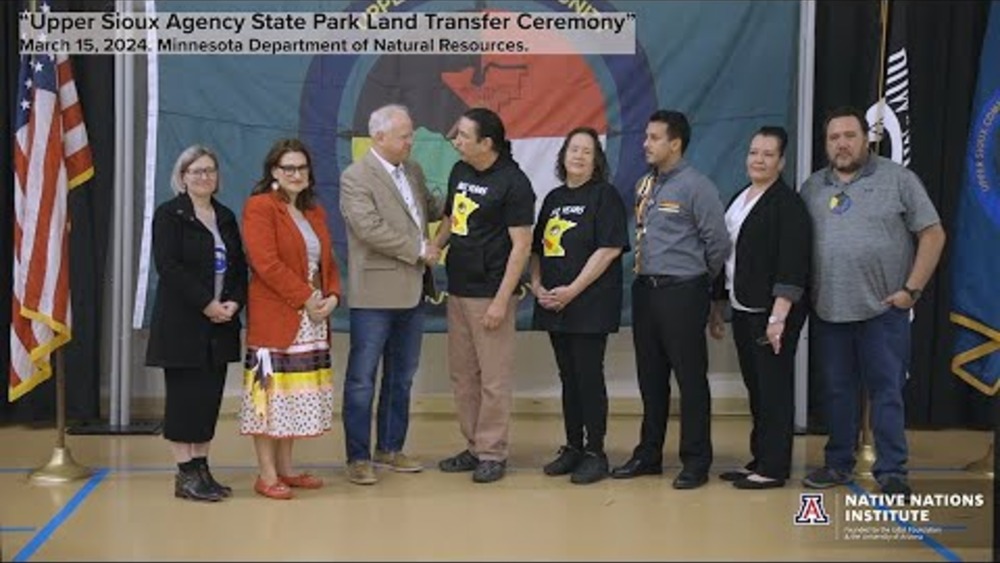
Landback: The Return of Upper Sioux Agency State Park to the Upper Sioux Community
After decades of campaigning by Upper Sioux Indian Community Chairman Kevin Jensvold, the State of Minnesota finally returned the land formerly known as Upper Sioux Agency State Park to its rightful Dakota stewards in March 2024. Minnesota Department of Natural Resources Director of Tribal…
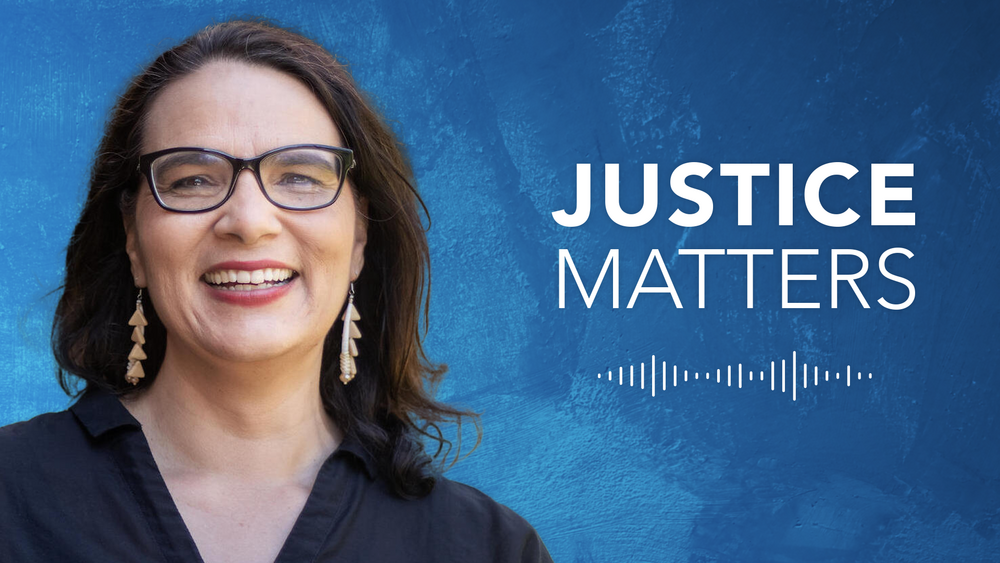
Justice Matters Podcast: (Re)Building Nations with Indigenous Governance | EP 79
On this episode of Justice Matters, co-host Mathias Risse speaks with Megan Minoka Hill, the Senior Director of the Project on Indigenous Governance and Development and the Director of the Honoring Nations program at the Harvard Kennedy School. The Project on Indigenous Governance and…
Pagination
- First page
- …
- 1
- 2
- 3
- …
- Last page
